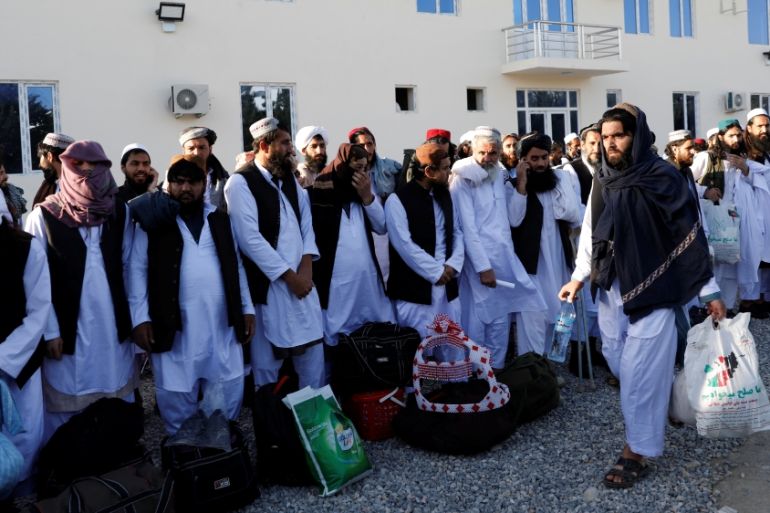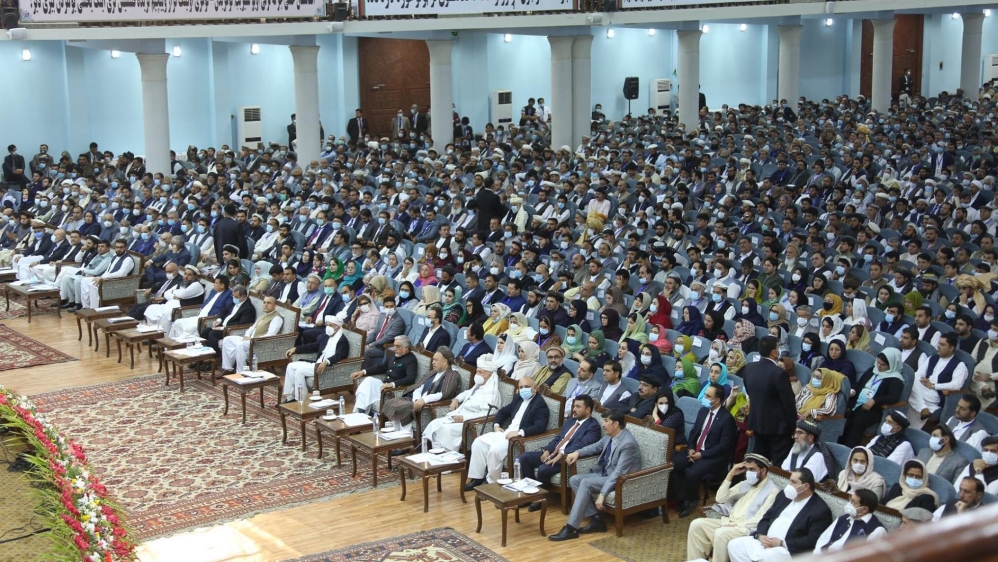France asks Afghans not to free Taliban who killed its citizens
France objects to release of three men jailed for the murders of French nationals in Afghanistan.

France has objected to the release of three men jailed for the murders of French nationals in Afghanistan as part of Kabul’s decision to release 400 Taliban prisoners as the last phase of fulfilling a condition set out in a deal between the Taliban and the US government.
The group of prisoners, whose release has begun, include two men who murdered Bettina Goislard, an employee of the UN refugee agency, in November 2003, and a former Afghan soldier who killed five French soldiers and injured 13 others in Kapisa province eight years ago.
Keep reading
list of 4 itemsPhotos: Tourist numbers up in post-war Afghanistan
Taliban ban on girls’ education defies both worldly and religious logic
Afghanistan calls for ‘respect’ after Cricket Australia snub
“France is particularly concerned by the presence, among the individuals liable to be released, of several terrorists convicted of killing French citizens in Afghanistan,” the foreign ministry said in a statement on Sunday.
The Afghan government and the Taliban are set to meet to launch an intra-Afghan peace process within days of the prisoner release being completed, a move that has drawn widespread condemnation after it emerged that many of the inmates were involved in attacks that killed tens of Afghans and foreigners.
“It firmly opposes the liberation of individuals convicted of crimes against French nationals, in particular soldiers and humanitarian workers,” it said.
“As a result, we have immediately asked the Afghan authorities not to proceed with the release of these terrorists.”
Goislard’s family has also strongly denounced the move.
The release of 5,000 Taliban prisoners in return for 1,000 captive Afghan security personnel was agreed in a landmark deal between the US and the Taliban in February as a condition for intra-Afghan peace talks.
Disagreement over the release of the prisoners, who include individuals accused in connection with some of Afghanistan’s bloodiest attacks, has already delayed peace negotiations for months.
The Afghan government had released almost all the Taliban prisoners on the list, but authorities baulked at freeing the final 400.
Many of the inmates are accused of serious offences, with more than 150 of them on death row.
The list also includes a group of 44 fighters of particular concern to the US and other countries for their role in “high-profile” attacks.
Last week, Afghanistan President Ashraf Ghani agreed to release those 400 Taliban prisoners after an Afghan grand assembly, known as the Loya Jirga, passed a resolution to approve the move.

“Now, the Taliban have a choice – they must demonstrate they are not afraid of a comprehensive ceasefire. There is no great bravery required for war, but for peace,” Ghani said while addressing the closing ceremony of the Loya Jirga.
At the extraordinary meet, more than 3,000 public figures from across the country backed the government’s calls for a permanent ceasefire and international guarantees that the fighters would not resort to violence again.
It also called for both sides to commence the much-delayed intra-Afghan talks.
On Friday, the Afghan government said it had released the first 80 of the 400 Taliban prisoners in the run-up to direct negotiations between the two sides.
Talks are expected to be held in Qatar where the Taliban maintain a political office.